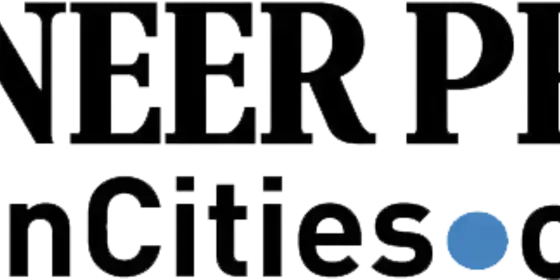The tax deadline for filing 2021 was pushed from April 15 to April 18, 2022, because of Emancipation Day, an observed holiday in Washington, D.C. But if you’re like many people, even despite having three extra days to prepare your taxes can still give you the night sweats. But if you are organized, you’ll make it easier on yourself and possibly even get your tax refund sooner. Here are three basic tips to reduce your stress during tax season.
DON’T DELAY
Don’t procrastinate when it comes to dealing with your taxes. If you are feeling rushed, you may overlook a potential deduction, or make an unforced error — such as entering an incorrect Social Security Number, misspelling your name or entering an incorrect bank accounting or routing number for direct deposit.
Above all, don’t run the risk of filing a late return, which could subject you to late filing penalties that can equal 25% of your tax liability. If for some reason you’re not ready to file by the April 18 deadline, simply file IRS Form 4868 for an extension. An extension will buy you six months to file, but you will still need to pay anything you owe by April 18th to avoid the IRS late-pay charge. The IRS warned in January that it is severely backlogged, underfunded and understaffed, and for taxpayers to expect delays. Many of our clients report experiencing the delays, especially in the area of processing estate returns.
MAKE SURE YOUR INFORMATION IS COMPLETE — AND FILE ELECTRONICALLY
Make sure you have all the information you need to complete your return, including supporting documentation to claim deductions and credits. Given the processing delays, you don’t want to file an incomplete return and then later have to file an amended paper return. Also, remember that although you may have already received an estimated investment account consolidated 1099 in February, the final versions generally aren’t distributed until late March; if you’re likely to receive a corrected 1099, it’s best to wait to file your return.
In addition, you probably want to take the IRS’ own advice and file electronically. Most of the delays the IRS is reporting concern reviewing and processing paper returns; electronic returns are being reviewed and processed much faster.
If you’re not working with a tax preparer, you can get help at IRS Free File. Use Guided Tax Preparation to receive online tax preparation and filing at an IRS partner site if your adjusted gross income, or AGI, is $73,000 or less. Or, Free File Fillable Forms are electronic federal tax forms that you can fill out online for free if your AGI is greater than $73,000 (unfortunately, you don’t get tax preparation guidance or much calculation support with this option).
You also may want to consider paying any tax balance due electronically or receiving your refund through direct deposit. Filing electronically and choosing direct deposit is the safest and easiest way to file an accurate tax return and the fastest way to get a refund, according to the IRS.
CHOOSE A QUALIFIED AND REPUTABLE TAX PROFESSIONAL
You can self-prepare your return or hire a professional to take care of it for you. IRS.gov has useful tips on how to choose a tax pro. To us, the most important qualifications for a tax professional are education and experience to safely guide you through a complex regulatory environment. For starters, look for an expert who has a thorough understanding of the exiting tax code and stays abreast of tax-law changes as they occur. For example, they need to be fully aware that the Tax Cut and Jobs Act, now in its third season, and the more recently passed SECURE Act, contain a number of important tax-planning implications for businesses with pass-through income, as well as for certain beneficiaries of IRAs — among many others.
Following these three simple steps should reduce your stress during tax season and may help ensure that you’re not leaving money on the table come April 18.



